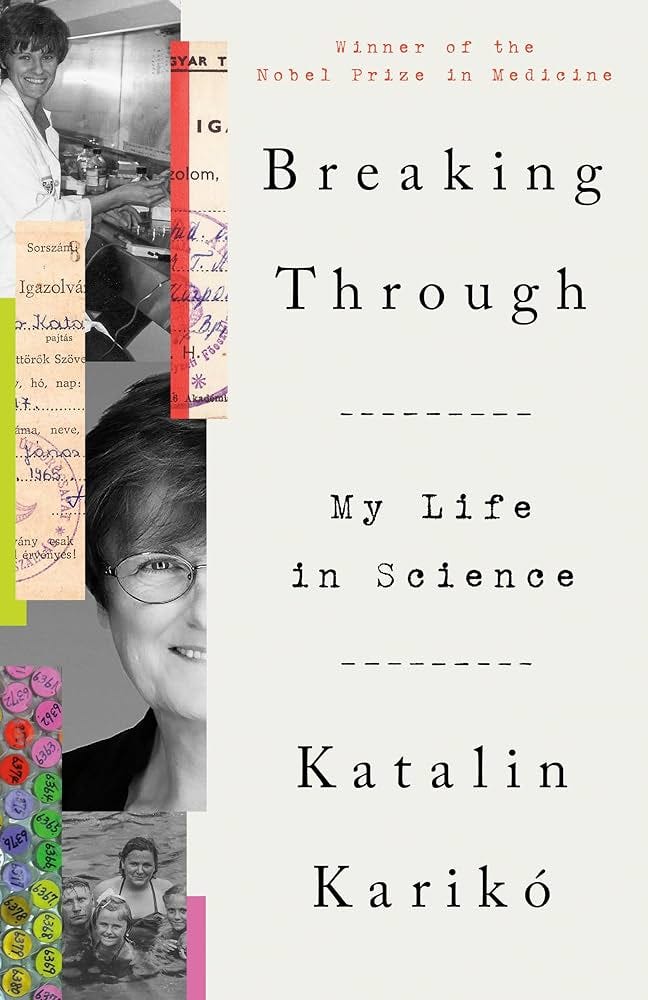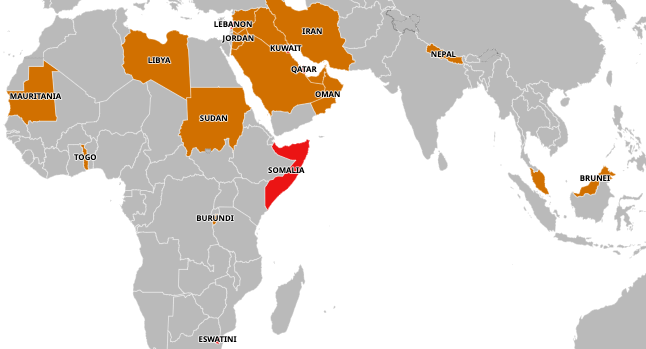This week…
Your reading time is about 5 minutes. Let’s start.
In my studies this week, we analysed devolved powers in the UK and how that created public confusion about the COVID-19 measures between the four UK nations. Whenever the UK prime minister or UK government released a public health advisory, the national media did not, arguably, do enough to clarify if it was a UK-wide or England-only guidance.
Now, this was an interesting exercise for me for two reasons.
First, I am critical of legalese (and to a certain extent, academese), but sometimes, the fault lies with the media, which is elitist in its messaging—not just the gatekeeping and paywalling. Readable writing is not clear writing, and common sense cannot be assumed. While I would love to insert a deep and long argument about the importance of local media, national publications are consumed by the general public in all nations, regardless and without clear specifications for geographical relevance, audiences in Scotland, Wales, and Northern Ireland would confuse UK-wide or England-only measures as their own. In reality, the devolved administrations—and not the UK government—were in charge of pandemic measures.
(Public understanding of the different levels of government and devolution of powers, where it applies, are also crucial, of course.)
Second, devolution is of personal interest to me as I could draw parallels between the UK and Malaysia. In Malaysia, Sarawak and Sabah have also been seeking more autonomy as supposedly guaranteed in the Malaysia Agreement 1963. A few years ago, I worked with the team at New Naratif on the Malay version of the explainer, or you can read the English version here.
(I think explainer journalism is important, but I believe the first line of defence against public ignorance and media illiteracy is a robust education system.)
Your Wikipedia this week: Journalese
And now, a selection of top stories on my radar, a few personal recommendations, and the chart of the week.
ICYMI: The Previous Block was about the horseshoe theory, conspiracies, and AI winning Nobel prizes. FWIW:
This year’s Nobel prize exposes economics’ problem with colonialism by Jostein Hauge (University of Cambridge) for The Conversation.
Scientific papers that mention AI get a citation boost by Mariana Lenharo for Nature.
CORRECTION NOTICE: Fixed a couple of typos.ON THE MEDIA
Unique experiment in German-language public broadcasting 3sat faces pressure from populist right
Philip Oltermann for The Guardian:
In many countries around the world, breakfast TV means celebrity interviews, soap operas and last night’s football highlights. On the German-language channel 3sat this Sunday morning, it means a one-hour philosophical discussion on trauma psychology, followed by a book review programme and a classical concert by the Munich Radio Orchestra.
The collaboration between public broadcasters in Austria, Germany and Switzerland is a unique experiment in pan-European broadcasting that has defied doubters for almost four decades: highbrow television.
Yet whether 3sat will get to celebrate its 40th anniversary this December is in serious doubt. At a summit in Leipzig this week, the heads of Germany’s 16 federal states will consider a proposal to close the world’s most donnish TV station by merging it “partially or completely” into Arte, the Franco-German culture channel that is embarking on a Europe-wide expansion.
Admirers of 3sat’s resolute intellectualism say the merger plans are a sign that authorities are bowing to populist attacks on public service broadcasting, by cutting culture programming that may appear painless but which is also unlikely to save much money.
Loosely linked:
The regime changed in Bangladesh. Can the media change too? Sheikh Sabiha Alam for CJR.
An exiled Cuban journalist finds threats now cross borders by Joel Simon for CJR.
From interviewing Arafat to fending off Israeli settlers, Walid Batrawi reflects on a lifetime reporting from Palestine by Shenaz Kermalli for J-Source.
Azerbaijan throws climate journalists in jail ahead of COP29 by Isobel Cockerell for Coda.
New Euronews boss: I don’t take orders from Orbán by Elisa Braun for Politico.eu.
Under a far-right government, journalists fear press freedom in Italy is heading down a slippery slope by Marina Adami for RI.
ON STECHROID
WhatsApp vigilantes in India are converting Christians by force
Parth MN for Rest of World:
Christians make up just 2% of Chhattisgarh’s population, but there are concentrated pockets of them in the Bastar region. In recent years, the Vishva Hindu Parishad (VHP) has used funerals as a chance to target them for conversion. In India, the deceased are typically brought home from the hospital for families to bid final goodbyes before being buried or cremated the next day. Hindus generally opt for cremation, believing that it helps to free the soul, and Christians tend to bury their dead. Mobs like the one Ghasiram Baghel, a foot soldier for the VHP, organised attempt to reach Christian families before the funeral can begin and prevent the burial until they convert.
WhatsApp’s speed of communication and mobilising power makes it an essential tool for the VHP’s efforts. “Christians died in villages earlier, too, but we got to know of it two or three days after the incident,” Hari Sahu, a VHP leader in Jagdalpur, told Rest of World. “Even if we found out sooner, it took a couple of days and a lot of work to mobilize people. But with WhatsApp, what took us three days now takes us less than an hour.”
Loosely linked:
The Catholic Church condemned Santa Muerte. TikTokers gave her a makeover by Chantal Flores for Rest of World.
The Satanic Temple is taking on the Christian right. It’s fun to watch by Arwa Mahdawi for The Guardian.
A humanoid robot’s painting called ‘AI God’ may sell for over $120,000 by Andrew Paul for Popular Science.
The models who found their likenesses had been used in AI propaganda by Manisha Ganguly for The Guardian.
Other curious links, including en español et français
LONG READ | The rise and fall of cryptocurrency in Nigeria by Kingsley Charles for New Lines Magazine.
PHOTO ESSAY | Suspicion, resentment, trauma, destruction—Beirut on the edge by Alasdair Brenard for Al Jazeera.
The Internet Archive hackers still have access to its internal emailing tools by Wes Davis for The Verge.
Plataformas digitales: derechos sí, subordinación no por Jorge Bravo en Proceso.
Más tatuajes, más pequeños y menos ‘artísticos’: por qué la última guerra generacional se libra en la piel por Lucas Barquero en El País.
El triunfo de Onlyfans, la plataforma de ‘suscripción íntima’ que ha popularizado el porno personal por Jordi Pérez Colomé en El País.
Comment l’intelligence artificielle transforme-t-elle (ou pas) la vie des professeurs? par Gabriel Poirier dans Radio-Canada.
Un personnage taillé sur mesure : l'intelligence artificielle investit le terrain de jeu des influenceurs sur les réseaux sociaux par Audrey Abraham dans Franceinfo.
C’est parti pour la réforme du financement de l’audiovisuel public par Etienne Labrunie dans Télérama.
What I read, listen, and watch
I’m reading Breaking Through: My Life In Science (2023) by Katalin Karikó, winner of the Nobel Prize in Medicine 2023.
I’m listening to 404 Media Podcast on the WordPress chaos, and applying for jobs with AI.
I’m watching a BBC piece on yet another scam.
Chart of the week
Malaysia is one of 24 countries that ban or limit women from conferring citizenship on their children. There's been a lot of start-and-stop over the last many years to change that. Emma Batha reported for Context.




